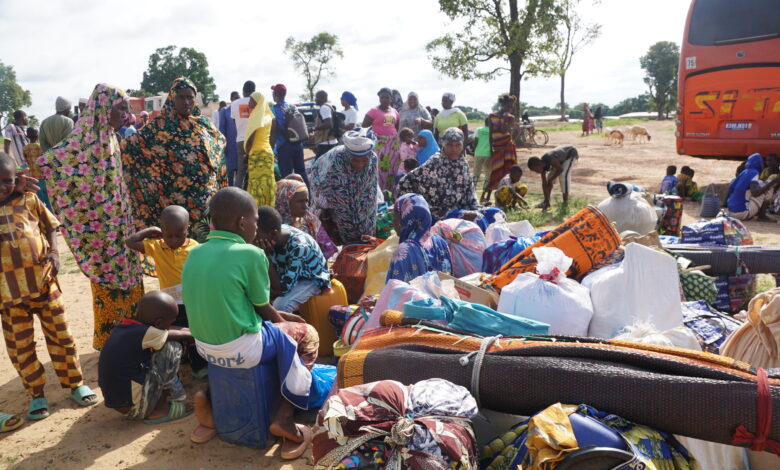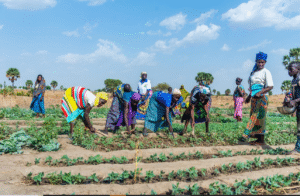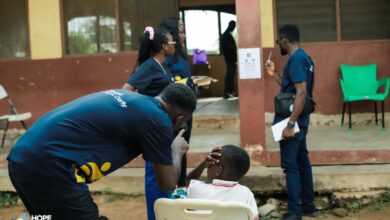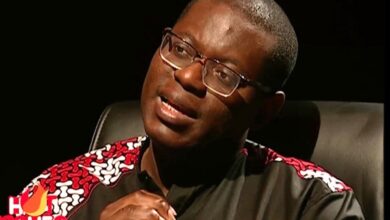EU Steps up Support for People Displaced by Sahel Conflict in Coastal Countries

The European Union (EU) has announced €10 million in new funding to assist forcibly displaced people and the communities hosting them in Benin, Côte d’Ivoire, Ghana, and Togo, as violence and insecurity continue to drive displacement from the Central Sahel.
The funding forms part of Project Unite, a broader regional initiative designed to strengthen resilience among both displaced populations and host communities. Over the next two years, the project will be implemented by the International Organization for Migration (IOM), UNHCR, UNICEF, and the World Food Programme (WFP), working alongside national and local partners.
Since April 2021, Côte d’Ivoire, Benin, Ghana, and Togo have seen a growing influx of people fleeing conflict, particularly from Burkina Faso. Today, these countries host around 160,000 refugees and asylum seekers, mainly in their northern regions, with internal displacement also rising in northern Togo and Benin.

“This funding demonstrates the EU’s solidarity with displaced people and the communities that welcome them,” said Francesca Di Mauro, EU Ambassador to Côte d’Ivoire. “Our support is aimed at meeting immediate humanitarian needs while also building long-term resilience, social cohesion, and regional stability.”
Under Project Unite, the agencies will deliver coordinated interventions:
-
IOM will strengthen local food systems by supporting smallholder farmers and livestock cooperatives, while enhancing data collection on population movements.
-
UNHCR will focus on improving access to national services such as education, health, and livelihoods for refugees and asylum seekers, alongside supporting dignified and climate-resilient housing and access to clean energy.
-
UNICEF will enhance access to quality education, safe water, child protection services, and safeguards against gender-based violence, while building local capacity to promote social cohesion.
-
WFP will implement climate-resilient agriculture and nutrition-sensitive livelihood projects, promote women’s empowerment, and strengthen local food systems through initiatives like school feeding and real-time food security monitoring.
Olivier Beer, UNHCR’s representative for Côte d’Ivoire and neighbouring countries, praised the EU’s contribution, saying: “This support is vital for protection, stability, and ensuring that both displaced people and their hosts can access services, rebuild their lives, and contribute to the region’s development.”
The initiative aligns with the Gulf of Guinea Joint Response Plan and reflects a shift toward development-oriented solutions that complement ongoing humanitarian assistance.




